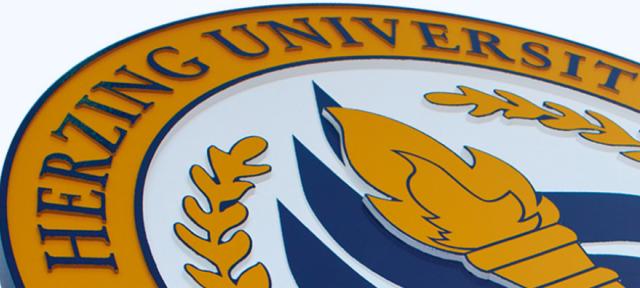Program availability
Your Preferences
Update your Zip code, preferred campus, and preferred program

Following the summer launch of its online Master of Social Work (MSW) Program, Herzing University has expanded its faculty with the hiring of Dr. Hyacinth McKee as Associate Professor. Dr. McKee serves as the Chair of the Louisiana State Board of Social Work Examiners, the state's licensing board for social workers.
While all aspects of healthcare are feeling the effects of ongoing staffing shortages, one commonly overlooked and understaffed sector is dental care, specifically dental assisting.
